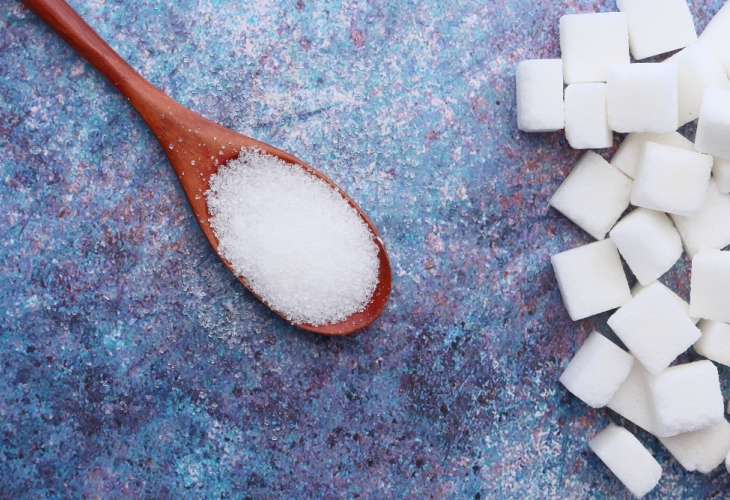Breaking Myths: The Truth About 'No Added Sugar' Labels
Ever come across 'No Added Sugar' or 'Reduced Sugar' labels? Don't assume they're healthy. Dr. Maya Rozman debunks the myth, stating, 'Manufacturers can mislead us into thinking we're buying healthy products.'
 Illustration
IllustrationDr. Maya Rozman from FM103 Radio shattered a common myth this week about the 'No Added Sugar' and 'Reduced Sugar' labels proudly displayed on many products. Do they mean these products are healthy for us or suitable for diabetics? Not at all.
'Manufacturers can mislead us into thinking we're buying healthy products through these labels,' says Dr. Rozman. However, that's not the case. While the labels aren't outright lies, they're not entirely accurate either. Rozman addresses two specific labels and the truth behind them:
'Reduced Sugar' – When this label appears on a product, it doesn't mean the product is sugar-free. It actually means there's less sugar than there used to be. This type of label appears on various products like breakfast cereals, ketchup, and sauces. For example, if a product initially had 50% sugar, it might now have 40%. The product indeed has reduced sugar but still contains a significant amount. Therefore, Rozman advises to check the ingredient list on the product itself to see how much sugar it contains, and then decide whether to consume it or not.
'No Added Sugar' – On products made from fruits, like jams, a label might claim no added sugar. This means there's no added white sugar, but it doesn't mean the product lacks fruit sugars. For instance, a jam may contain an average of 40% fruit sugar, making it unsuitable for diabetics.
Therefore, Dr. Rozman emphasizes checking the ingredient list on the product packaging and deciding if you're willing to consume the sugar content it contains.

